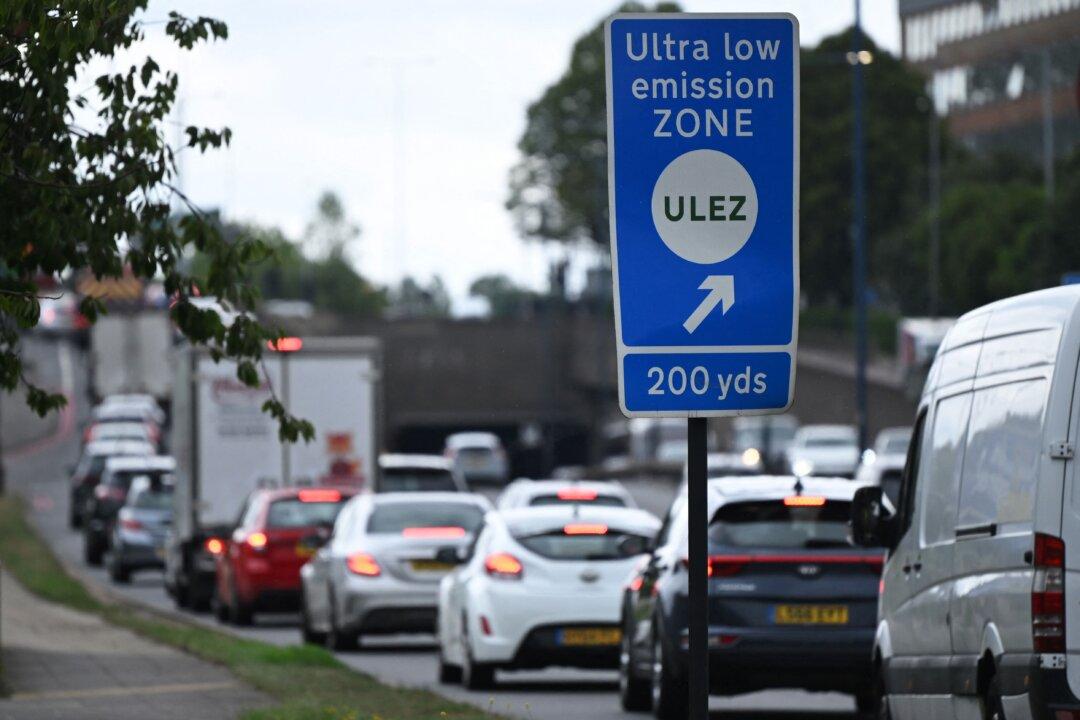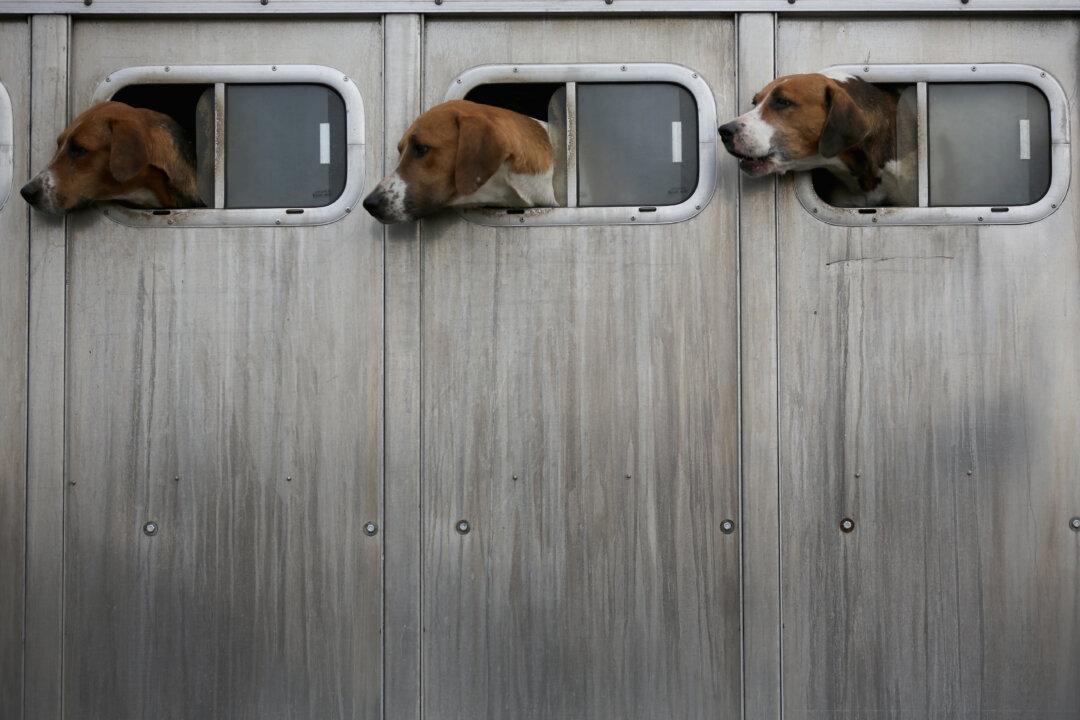More than 400,000 Ultra Low Emission Zone (ULEZ) penalties have not been issued by Transport for London (TfL) owing to missing vehicle owner details, according to figures obtained from a Freedom of Information request.
The data, spanning from Jan. 1 to Aug. 29, reveals that the absence of registered vehicle owners’ information on the DVLA database has resulted in 417,080 drivers evading ULEZ fines.





